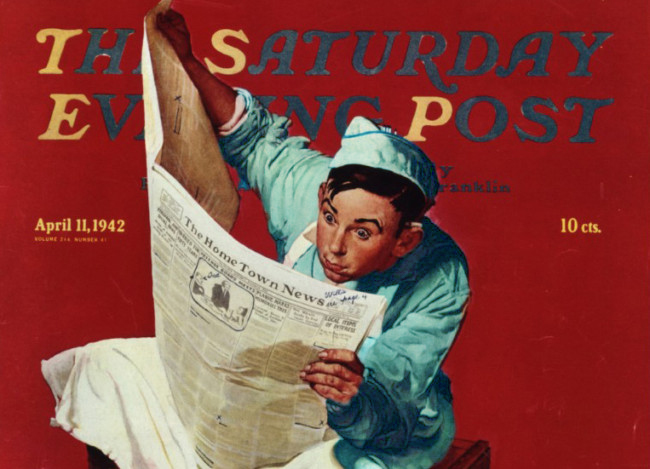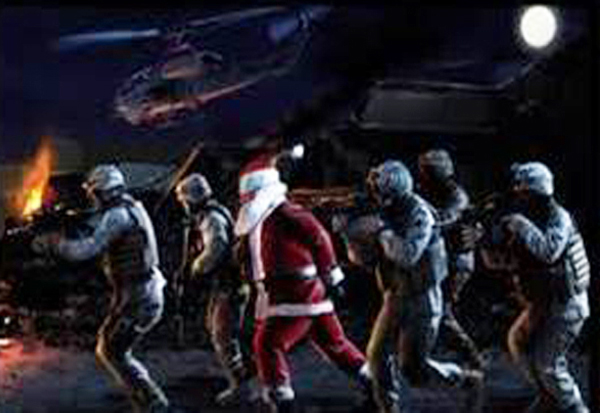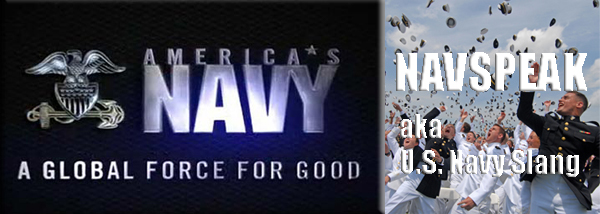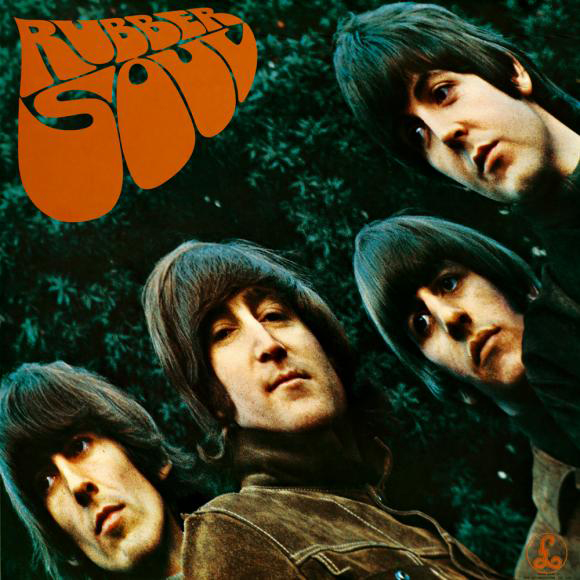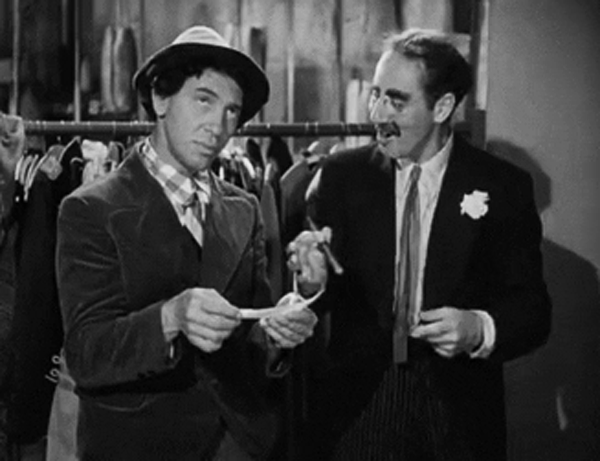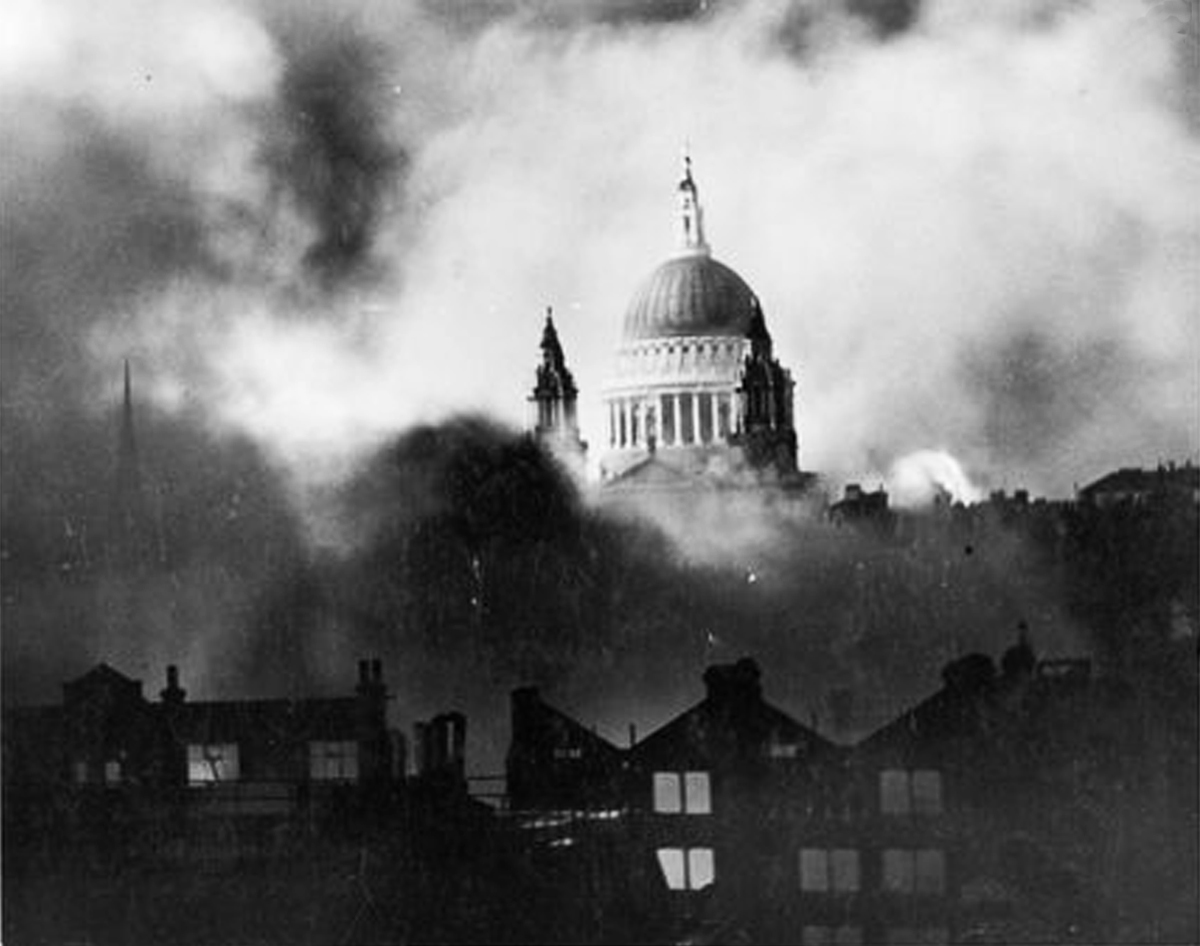
Worst air raid on London on December 29, 1940
Worst air raid on London: Battle of Britain: On the evening of December 29, 1940, London suffers its most devastating air raid when Germans firebomb the city. Hundreds of fires caused by the exploding bombs engulfed areas of London, but firefighters showed a valiant indifference to the bombs falling around them and saved much of the city from destruction. The next day, a newspaper photo of St. Paul’s Cathedral standing undamaged amid the smoke and flames seemed to symbolize the capital’s unconquerable spirit during the Battle of Britain.
In May and June 1940, Holland, Belgium, Norway, and France fell one by one to the German Wehrmacht, leaving Great Britain alone in its resistance against Nazi leader Adolf Hitler’s plans for world domination. The British Expeditionary Force escaped the continent with an impromptu evacuation from Dunkirk, but they left behind the tanks and artillery needed to defend their homeland against invasion. With British air and land forces outnumbered by their German counterparts, and U.S. aid not yet begun, it seemed certain that Britain would soon follow the fate of France. However, Winston Churchill, the new British prime minister, promised his nation and the world that Britain would “never surrender,” and the British people mobilized behind their defiant leader.
On June 5, the Luftwaffe began attacks on English Channel ports and convoys, and on June 30 Germany seized control of the undefended Channel Islands. On July 10 - the first day of the Battle of Britain according to the RAF–the Luftwaffe intensified its bombing of British ports. Six days later, Hitler ordered the German army and navy to prepare for Operation Sea Lion. On July 19, the German leader made a speech in Berlin in which he offered a conditional peace to the British government: Britain would keep its empire and be spared from invasion if its leaders accepted the German domination of the European continent. A simple radio message from Lord Halifax swept the proposal away.
Germany needed to master the skies over Britain if it was to transport safely its superior land forces across the 21-mile English Channel. On August 8, the Luftwaffe intensified its raids against the ports in an attempt to draw the British air fleet out into the open. Simultaneously, the Germans began bombing Britain’s sophisticated radar defense system and RAF-fighter airfields. During August, as many as 1,500 German aircraft crossed the Channel daily, often blotting out the sun as they flew against their British targets. Despite the odds against them, the outnumbered RAF fliers successfully resisted the massive German air invasion, relying on radar technology, more maneuverable aircraft, and exceptional bravery. For every British plane shot down, two Luftwaffe warplanes were destroyed.
At the end of August, the RAF launched a retaliatory air raid against Berlin. Hitler was enraged and ordered the Luftwaffe to shift its attacks from RAF installations to London and other British cities. On September 7, the Blitz against London began, and after a week of almost ceaseless attacks several areas of London were in flames and the royal palace, churches, and hospitals had all been hit. However, the concentration on London allowed the RAF to recuperate elsewhere, and on September 15 the RAF launched a vigorous counterattack, downing 56 German aircraft in two dogfights that lasted less than an hour.
The costly raid convinced the German high command that the Luftwaffe could not achieve air supremacy over Britain, and the next day daylight attacks were replaced with nighttime sorties as a concession of defeat. On September 19, Nazi leader Adolf Hitler postponed indefinitely “Operation Sea Lion”–the amphibious invasion of Britain. The Battle of Britain, however, continued.
History.com / Wikipedia / Encyclopedia Britannica / Museum of London.org UK / BBC
/ Engineering and Technology History (ETHW).org / Smithsonian National Air and Space Museum / History.com
/ Worst air raid on London on December 29, 1940 (YouTube) 



